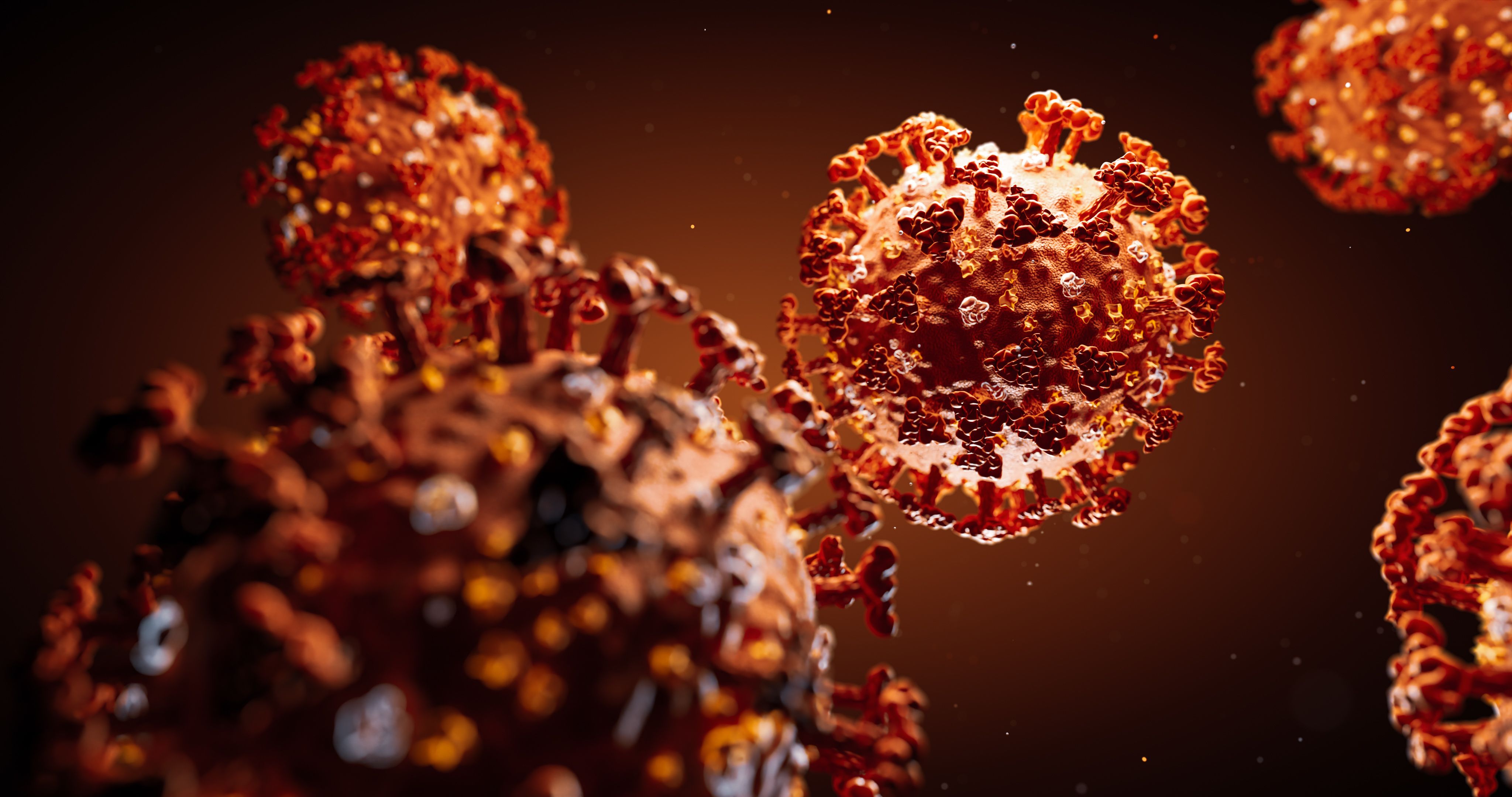Heparin Examined for Potential in COVID-19 in Multiple Trials
A trio of trials examine whether or not heparin could provide relief of COVID-19 symptoms in patients with varying levels of disease severity.
This article originally appeared on ContagionLive.com.

Heparin initiated at therapeutic, antithrombotic doses benefited patients hospitalized for moderate symptoms of COVID-19 but was no better than thromboprophylaxis for those admitted with severe symptoms, in the combined findings from 3 international platform trials.
The 3 international, investigational networks, whose investigators are credited as authors of the reports, are REMAP-CAP, Randomized Embedded Multifactorial Adaptive Platform for Community-Acquired Pneumonia; ATTACC, Antithrombotic Therapy to Ameliorate Complications of COVID-19; and ACTIV-4, Antithrombotics for Adults Hospitalized with COVID-19.
The findings, described in separate, but concurrently published reports on over 1,000 patients critically ill from COVID-19 and over 2,000 with non-critical illness were drawn from data that had been integrated into one multiplatform, randomized clinical trial from 3 platform trials--2 employing response-adaptive randomization (REMAP-CAP and ATTACC), and 1 conventional randomized trial (ACTIV-4a).
Ryan Zarychanski, MD, Sections of Hematology/Oncology and Critical Care, University of Manitoba, Winnepeg, MB, Canada is corresponding author and member of the executive writing committee for the reports. Judith Hochman, MD, MA, Division of Cardiology, Department of Medicine, New York University (NYU) Grossman School of Medicine, New York, NY, joined Zarychanski as a corresponding author for the report on non-critically ill patients and on the executive writing committee for both reports.
The multiple platform trials of the international teams sought evidence that initiating therapeutic anticoagulation dosing with unfractionated or low-molecular-weight heparin (LMWH) at the outset of hospitalization for COVID-19 can counter the macro- and microvascular thrombosis and inflammation which frequently marks the course of these patients .
"Given the antithrombotic, antiinflammatory, and possibly antiviral properties of heparins, it has been hypothesized that anticoagulation with heparin administered at doses higher than conventionally used for venous thromboprophylaxis may improve outcomes," explain Hochman and colleagues in their report on the trial with noncritically ill patients.
Zarychanski and colleagues point out that while enhanced-dose anticoagulation strategies have been incorporated into some COVID-19 guidance statements, particularly for those who are critically ill, "the effectiveness and safety of therapeutic-dose anticoagulation given to improve outcomes in COVID-19 are uncertain."
In the trial with critically ill patients, 534 were assigned to therapeutic-dose anticoagulation and 564 to usual-care thromboprophylaxis. The primary outcome was organ support-free days, evaluated on an ordinal scale that combined in-hospital death (assigned a value of -1) and the number of days free of cardiovascular or respiratory organ support up to day 21, among patients surviving to hospital discharge.
Contrary to the initial hypothesis of therapeutic-dose heparin benefiting these patients, Zarchanski and colleagues found the median value for organ support-free days was 1 (interquartile range, -1 to 16, while it was 4 (interquartile range, -1 to 16) among those receiving usual care thromboprophylaxis. The percentage of patients surviving to hospital discharge was similar in the two groups (62.7% and 64.5%).The therapeutic-dose anticoagulation was associated with a higher rate of major bleeding episodes (3.8% compared to 2.3%).
For the non-critically ill patients (defined as an absence of critical care-level organ support at enrollment), however, Hochman and colleagues found an advantage for therapeutic-dose anticoagulation. The investigators reported that among 2219 patients, there was a 98.6% probability that therapeutic-dose anticoagulation increased organ support-free days as compared with usual-care thromboprophylaxis (adjusted odds ratio, 1.27; 95% credible interval, 1.03 to 1.58).Therapeutic dosing relative to thromboprophyliaxis was associated with a 4.0 percentage point adjusted absolute between-group difference in survival until hospital discharge without organ support.
Hochman and colleagues noted that although an elevated D-dimer level has been associated with vascular thrombosis and poor clinical outcome, clinical guideline recommendations for anticoagulation vary widely in absence of data from randomized trials. From this trial, the investigators report that the final probability of superiority of therapeutic-dose over usual-care thromboprophylaxis was 97.3% in the high D-dimer cohort, 92.9% in those with low D-dimer level, and 97.3% in the cohort with unknown D-dimer. The rate of major bleeding was 1.9% with therapeutic dose anticoagulation compared to 0.9% of those receiving thromboprophylaxis.
In an editorial accompanying the 2 reports, Hugo ten Cate, MD, PhD, Thrombosis Expertise Center, Department of Internal Medicine, Masstricht University Medical Center and Cardiovascular Research Institute Maastricht, Masstricht, the Netherlands, suggested that while there does not appear to be evidence supporting use of therapeutic dose heparin to prevent thrombosis in critically ill patients, the possible benefit of other antithrombotic or even profibrinolytic strategies should be explored. In addition, he finds that the safety and effectiveness of therapeutic dosing in moderately ill patients remains to be confirmed.
"In spite of the signals of benefit of anticoagulation in noncritically ill patients with COVID-19, physicians must deal with the key issues regarding the lack of insight into the mechanisms by which heparin or LMWH does or does not provide protection, and the question of whether the individual patient's bleeding risk outweighs the benefit."